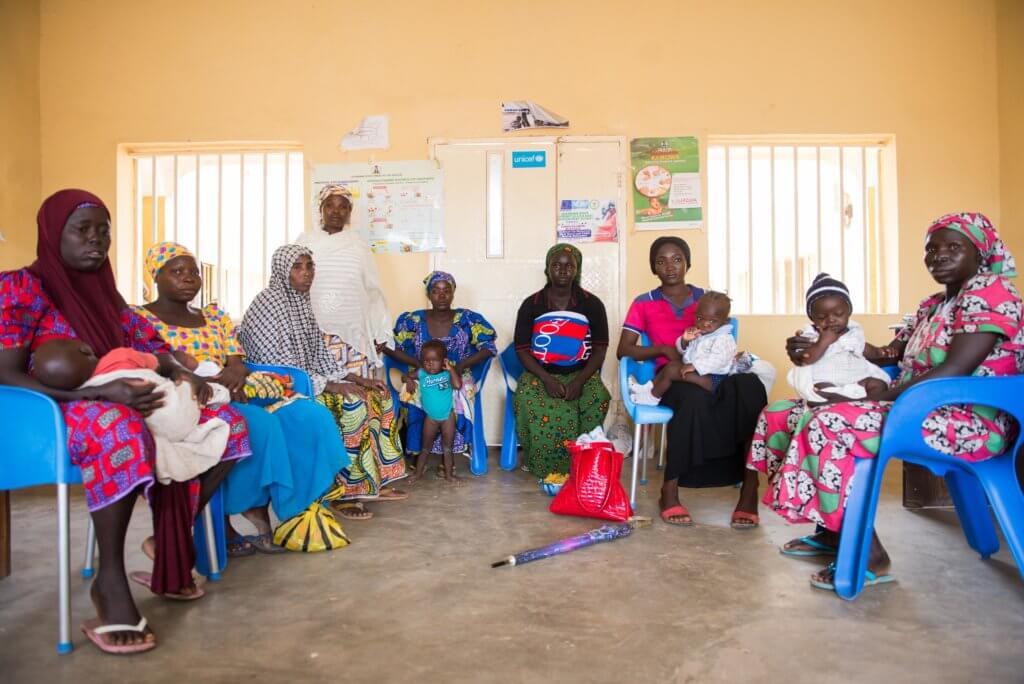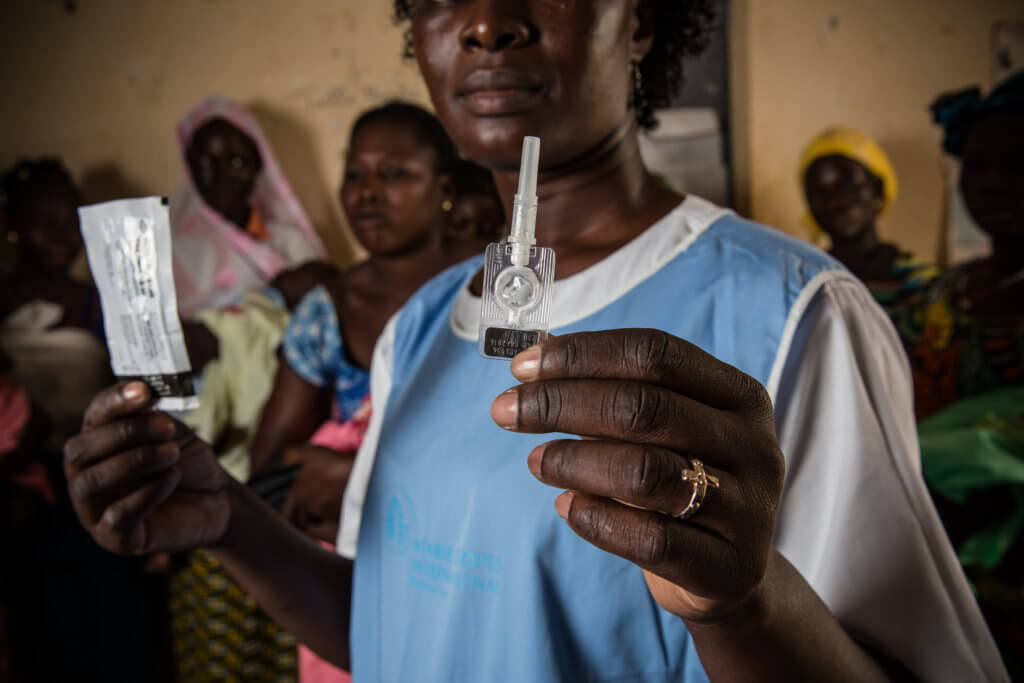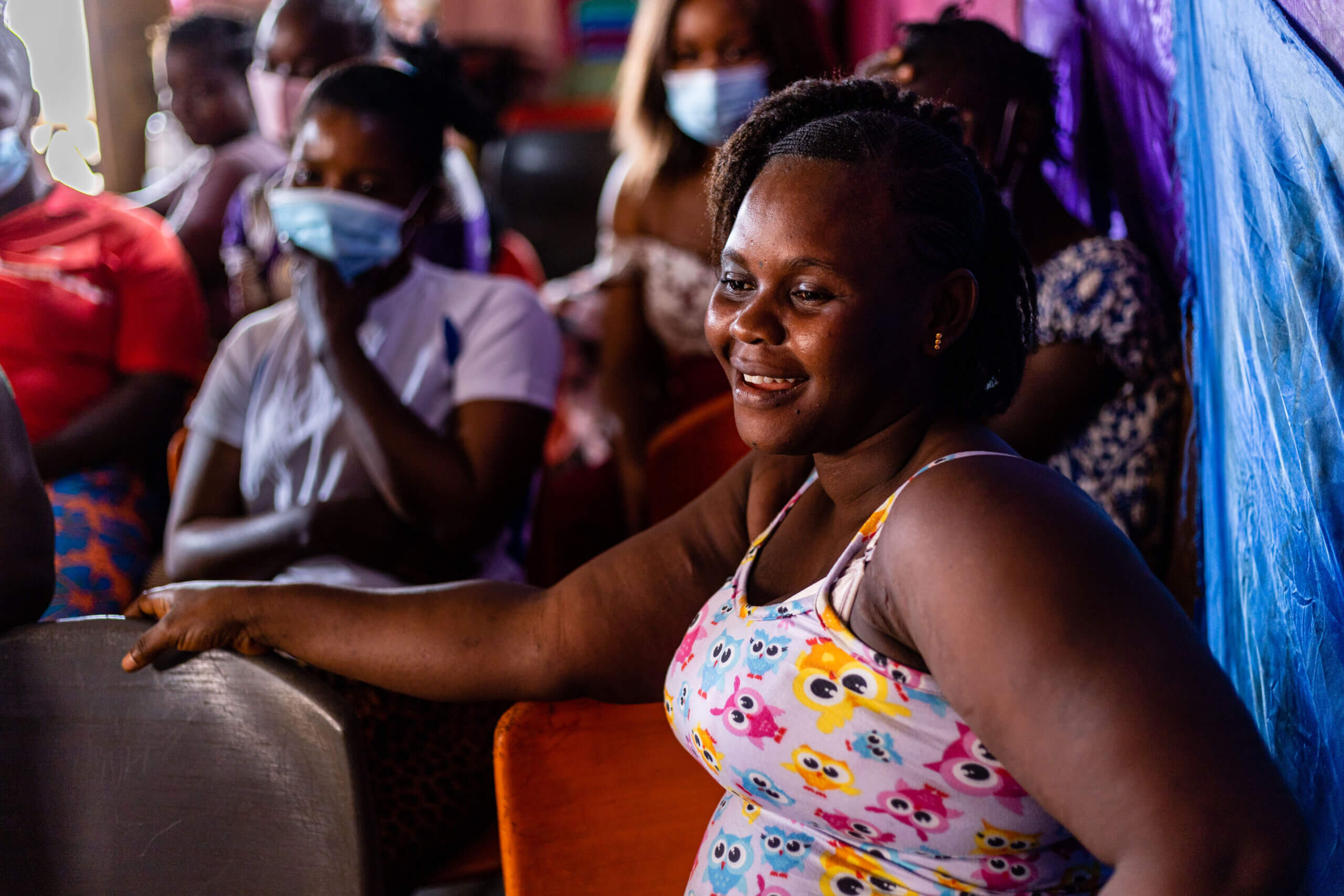Self-care in a crisis
In a humanitarian crisis—such as an armed conflict, natural disaster, or other emergency—access to healthcare is often lost. This can be a disaster for women and girls who want to avoid unintended pregnancies, STIs, and other health problems.
But even when a woman’s usual healthcare providers are unavailable, there are ways she can take control of her health without first seeing a doctor. Self-care is a growing area of healthcare. And it can be a powerful tool to preserving healthcare access in a crisis.

What is self-care?
The World Health Organization defines self-care as “the ability of individuals, families, and communities to promote health, prevent disease, maintain health, and cope with illness and disability with or without a health care provider.”
Sexual and reproductive health self-care might be as simple as picking up some condoms. It includes things like buying the morning after pill at a pharmacy. But it can also involve more complex healthcare needs. In these instances, healthcare providers play a role but the individual takes the lead.
For example, many people choose a self-injectable contraceptive which prevents pregnancy for three months. They initially need training from a healthcare provider to make sure they’re confident injecting themselves. But after that, they can have the privacy and convenience of administering the injection at home.
Self-managed abortion is another kind of self-care. Research shows that women can safely end their pregnancies at home with mifepristone and misoprostol (or misoprostol alone). But they may have questions about what side effects to expect, and when to seek help if complications arise.
Self-care interventions can give people privacy and greater control over their experience, while overcoming challenges like healthcare worker shortages and high costs. In a humanitarian crisis, where access to healthcare is severely limited, self-care can fill the urgent need for reproductive healthcare.
Why is choice important in a humanitarian crisis?
About 1.8 billion people live in fragile settings around the world: Areas facing conflict, natural disasters, or other crises. About a quarter of those are women and girls of reproductive age. For these women, reproductive healthcare is urgently needed: 61% of all pregnancy-related deaths worldwide occur in these fragile contexts.
Unfortunately, in times of crisis, the need for sexual and reproductive healthcare can rise, while access often falls. Increased gender-based violence puts women at risk of STIs, HIV and unintended pregnancy. Women facing displacement or other emergencies often want to avoid an unintended pregnancy until the crisis has passed. However, they may have lost access to trusted healthcare providers.

How can self-care help women during humanitarian crises?
In a humanitarian setting, self-care can give women control over their bodies and futures with less support from healthcare providers.
Research from the International Rescue Committee identified several forms of self-care that can help women in humanitarian settings. Over-the-counter contraceptive pills, self-administered injectable contraceptives, and emergency contraception can help women avoid unwanted pregnancy. Other interventions, like post-HIV exposure preventative care and at-home medication abortion, can allow women to take control of their reproductive health even when clinic-based care is unavailable.
These interventions aren’t a replacement for the health care system. More investment is needed to make sure that women can access the full range of services they need even in humanitarian settings. But by increasing access to self-care for women in humanitarian situations, we can enable more women to take control of their futures when it matters most.






